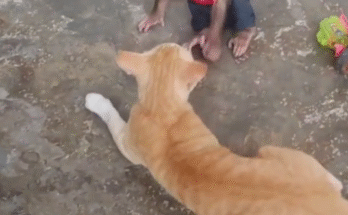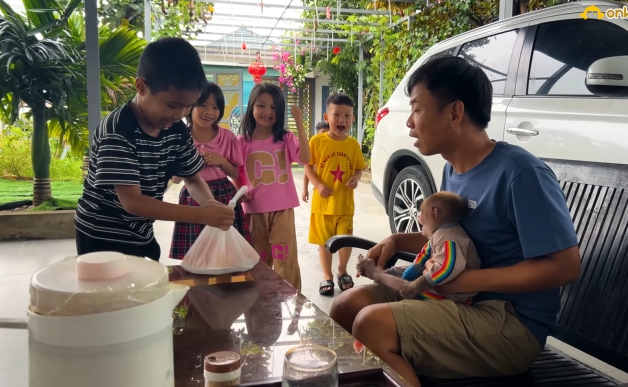
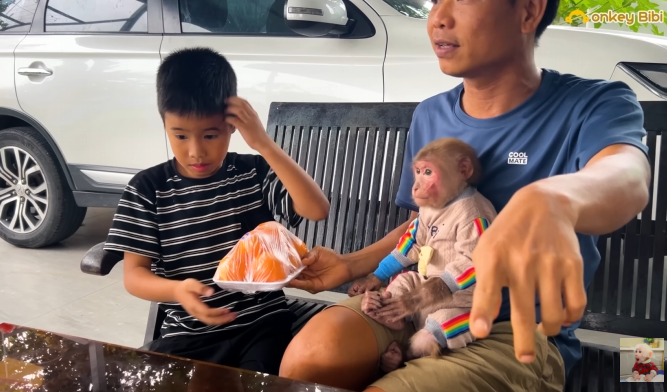
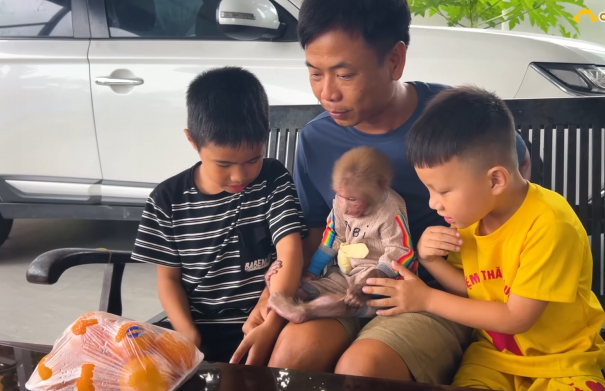
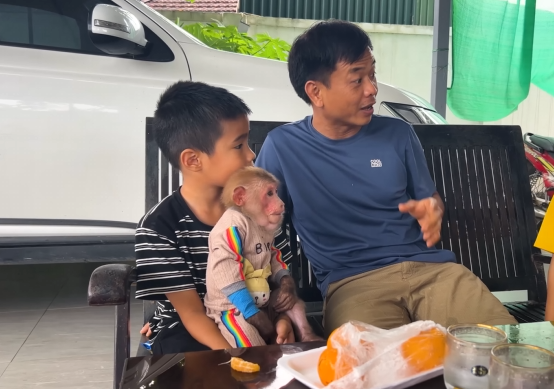
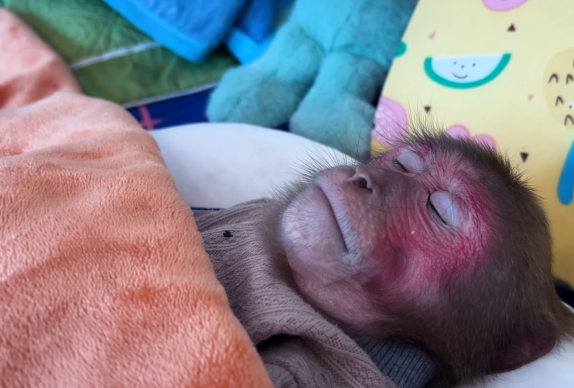
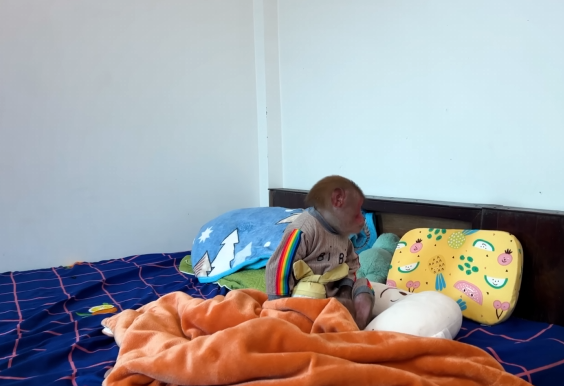
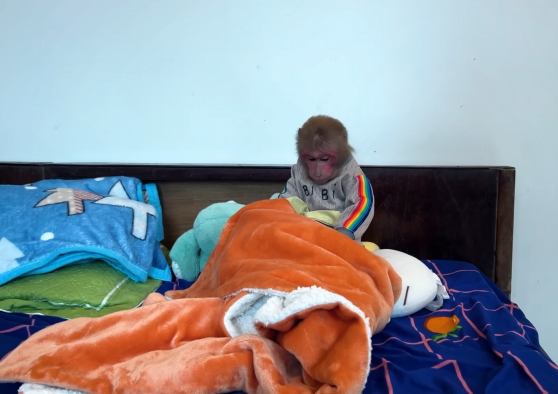
Bibi, the wise and gentle old monkey, lived in a cozy wooden hut at the edge of the forest. The hut stood beside a stream, shaded by a tall mango tree whose sweet fruit Bibi loved to eat during hot afternoons. She wasn’t as fast or strong as she used to be, but Bibi’s heart was big, and her smile was still the brightest in the jungle.
The forest children loved Bibi. She had always been there for them—with stories, snacks, hugs, and advice. If someone scraped a knee, Bibi would gently wash it and blow on it until it felt better. If someone was sad, Bibi would sing a silly song or play her bamboo flute to bring laughter. She taught them how to climb safely, how to listen to the wind, and how to be kind to every living thing.
But one chilly morning, Bibi didn’t come outside. The birds noticed. The squirrels noticed. Even the butterflies seemed to flutter by her window with concern.
Inside, Bibi lay on her straw mat, bundled in blankets. Her throat hurt, her head ached, and she felt too weak to make her usual banana porridge. She tried to sit up but quickly lay back down. “Just a little cold,” she whispered to herself, “nothing to worry the children about.”
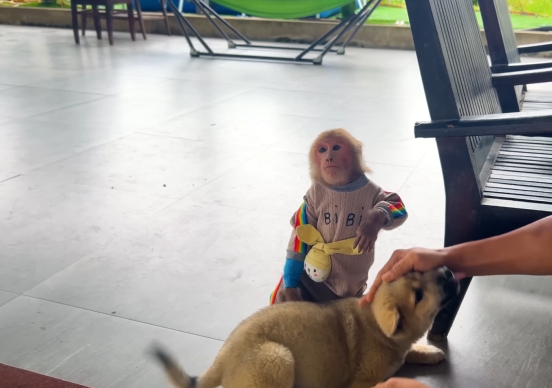
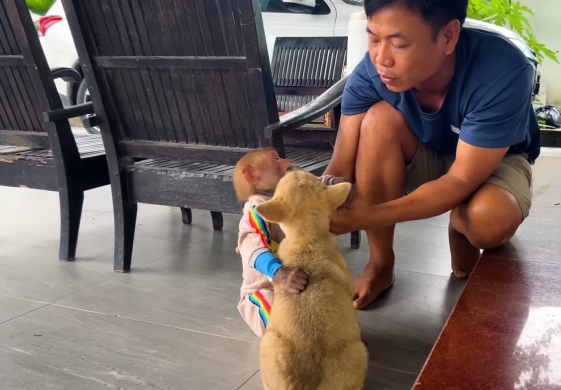
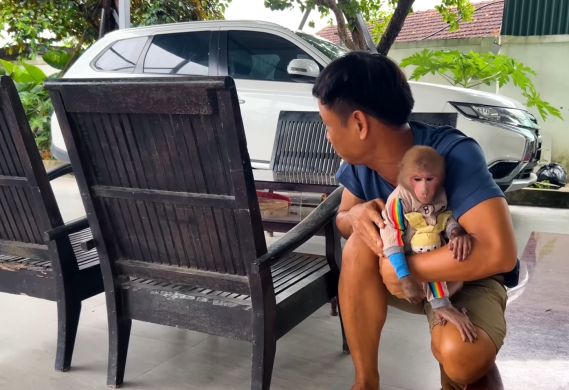
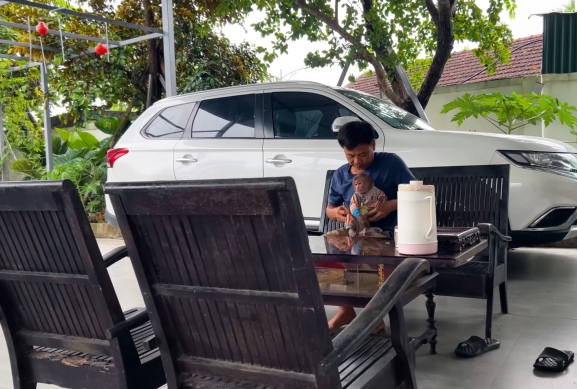
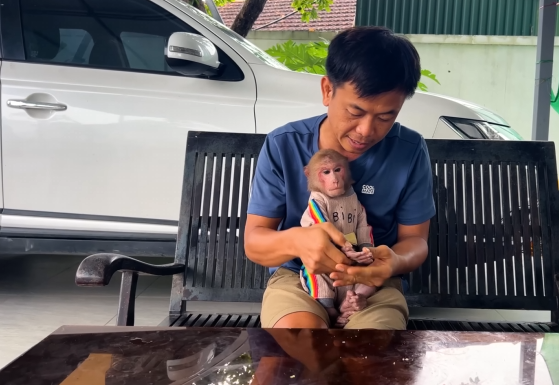
But news in the forest travels fast—especially when a friend is feeling down.
It was Mino the parrot who first noticed Bibi’s silence and flew to the clearing where the children were playing. “Children, children! Something’s wrong with Bibi! She didn’t come outside today!”
“What?” cried Lala, the youngest of the children. “Not even to feed the birds?”
“No,” said Mino, flapping nervously. “Her windows are closed. I called out, but she didn’t answer.”
The children stopped playing immediately. Concern filled their faces.
“She’s never missed a day greeting us,” said Tom, the oldest boy. “Let’s go check on her!”
So the children gathered flowers, warm scarves, little snacks they had saved from lunch, and even a small clay pot of honey. With careful steps and quiet hearts, they made their way to Bibi’s hut.
When they arrived, they didn’t bang on the door. They didn’t shout or run. Instead, Lala softly knocked and whispered, “Bibi? Are you there?”
Inside, Bibi opened her eyes weakly. She thought she had heard Lala’s voice. Slowly, with effort, she called out, “Come in, little ones.”
The door creaked open, and one by one, the children entered the hut. The room was dim and cool, and Bibi lay quietly on her bed. But the moment she saw the children, her tired face lit up with joy.
“Oh! My sweet children! You came to see me!” Bibi exclaimed, her voice raspy but full of love.
“We were worried about you,” said Tom. “Mino told us you didn’t come outside.”
“So we brought you a few things,” said Lala shyly, placing a bundle of flowers next to her pillow. “These are your favorite.”
One of the children carefully placed a scarf around Bibi’s shoulders, and another handed her a small pouch of warm soup they had carried from home.
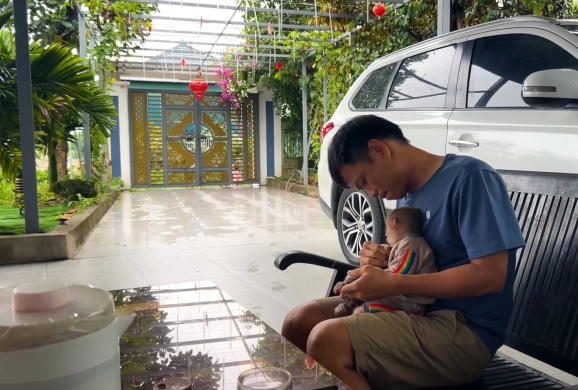
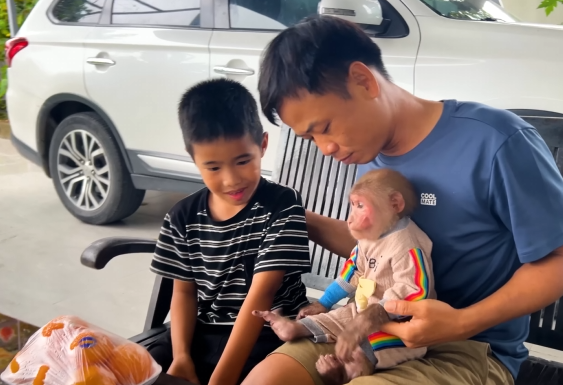
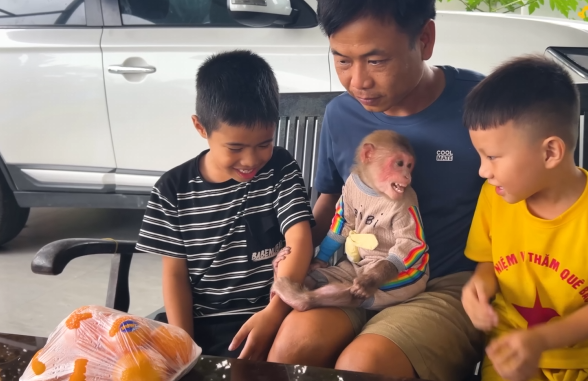
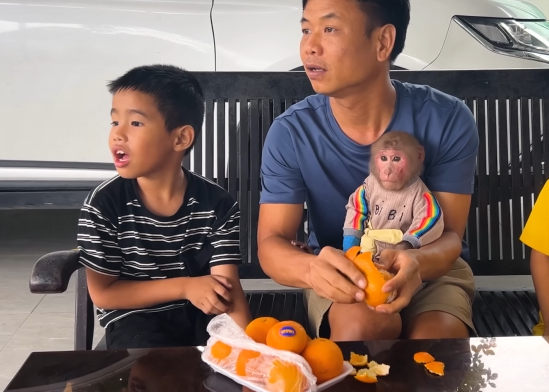
Bibi’s eyes filled with tears—not of sadness, but of joy. She smiled and touched each of their hands gently. “You are the kindest little hearts in the whole forest,” she said.
The children made themselves comfortable around her room, sitting cross-legged on the floor or standing nearby. They didn’t want to be loud, so instead of games, they told quiet stories. Tom shared a funny tale about the time he tried to climb a papaya tree and got stuck halfway up. The children giggled, and even Bibi let out a soft chuckle.
Lala sang a lullaby she remembered Bibi had once sung to her when she had the sniffles. Her soft voice filled the room like sunshine, warming the air and lifting spirits.
One child gently combed Bibi’s fur, while another read aloud from a picture book they had brought. The illustrations made Bibi smile as she listened to the tale of a brave lion and a silly duck.
As the afternoon wore on, the children tidied up Bibi’s room. They swept the floor, fetched water from the stream, and even cooked some banana porridge on her little stove, just the way Bibi liked it—with a pinch of cinnamon and a drizzle of honey.
Bibi watched from her bed, heart full. “You are taking care of me just like I’ve taken care of you,” she said softly. “That’s the true meaning of love, my dears.”
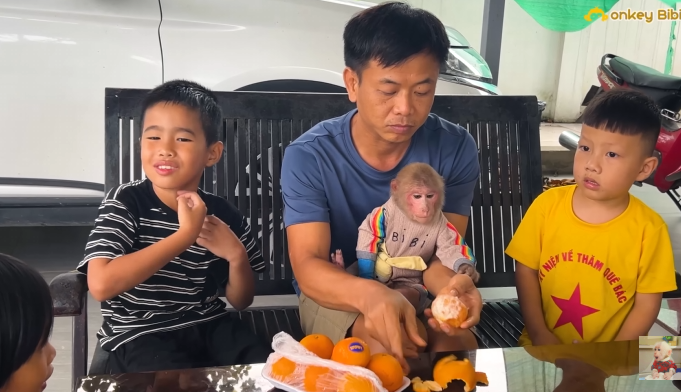
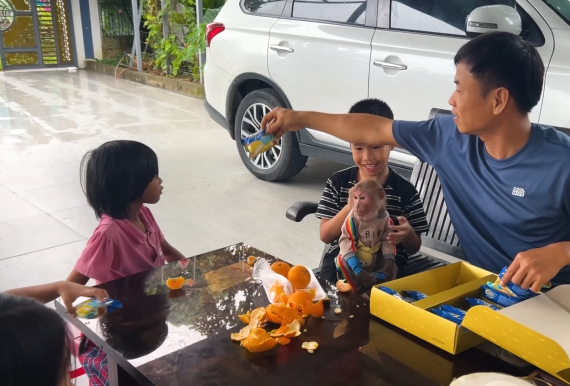
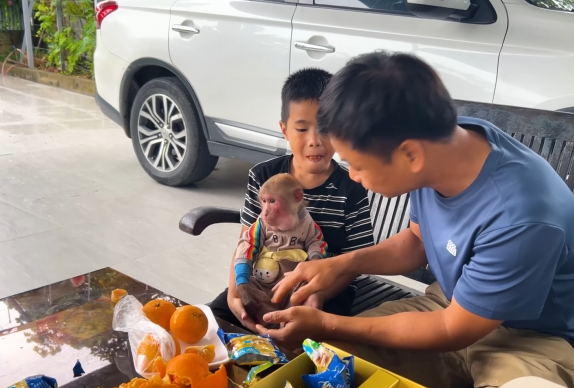
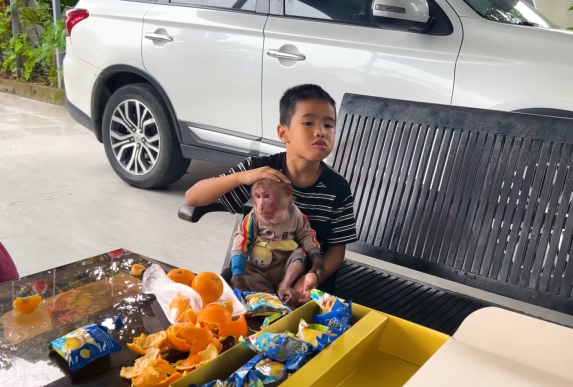
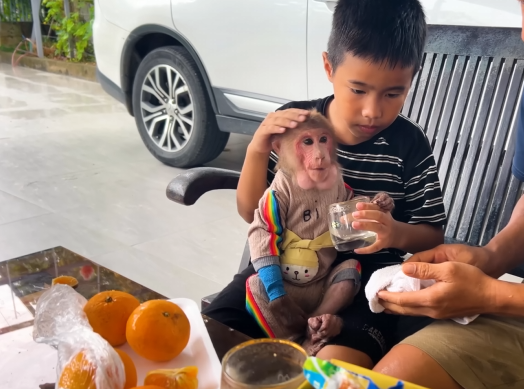
By sunset, Bibi looked better already. Her fever had gone down a little, and her cheeks had more color. The children stayed until the stars began to blink in the sky. Before leaving, each one gave Bibi a hug.
“Promise us you’ll rest,” said Tom.
“And call us if you need anything,” added Lala.
“I promise,” Bibi said, holding their hands one last time before they walked out into the night.
After the children left, Bibi sat quietly for a moment. The room still felt warm from their presence, and the air was full of their kindness.
She pulled the scarf tighter around her shoulders and sipped a little more porridge. She felt stronger already—not just because of the food or the rest, but because of the love. Love was a healing magic stronger than anything else in the world.
That night, as the moon glowed softly over the forest, Bibi fell asleep with a peaceful smile on her face. The children’s laughter, their stories, and their songs echoed gently in her dreams.
And though she would need another day or two to fully recover, she knew—deep in her wise old heart—that everything would be all right. Because in a world where children show up with flowers and soup and stories when you’re sick, how could it not be?

